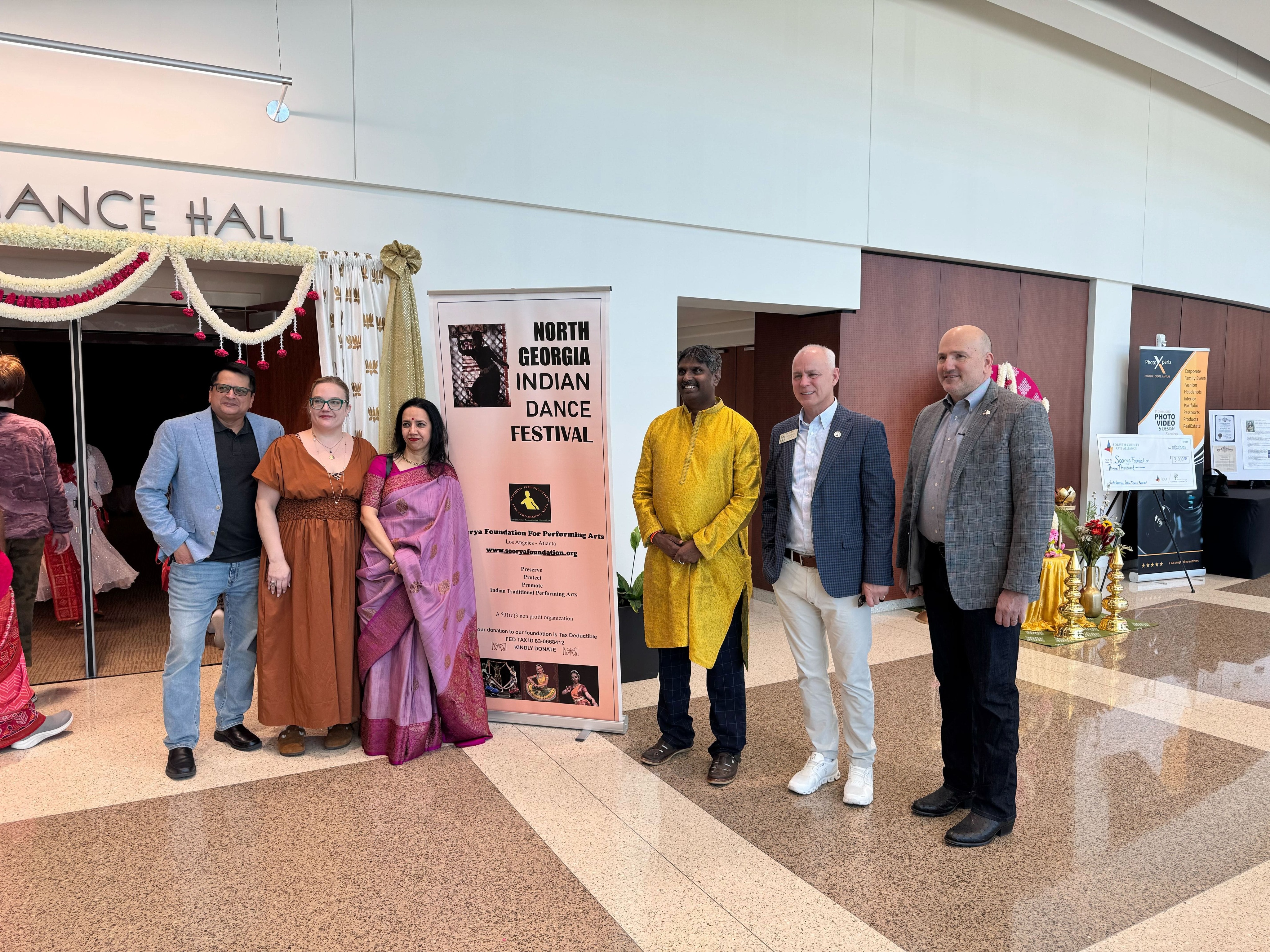University of Houston professor innovates sleep study method
Sheth has developed a new approach to study sleep that requires only two wires, and can be performed at home.
 Associate professor of electrical and computer engineering Bhavin R. Sheth, who is also a member of the UH Center for NeuroEngineering and Cognitive Systems. / University of Huston
Associate professor of electrical and computer engineering Bhavin R. Sheth, who is also a member of the UH Center for NeuroEngineering and Cognitive Systems. / University of Huston
An Indian American professor at the University of Houston has developed a new method for sleep stage classification that could revolutionize sleep medicine.
Bhavin Sheth, the associate professor of electrical and computer engineering at the university developed the innovative approach with the help of a former student.
The new method, which uses a single-lead electrocardiography-based deep learning neural network to monitor sleep, offers a simpler and more accessible alternative to the traditional polysomnography test.
Polysomnography, the current gold standard in sleep testing, involves attaching numerous sensors and wires to the body, making restful sleep difficult. Sheth's new method reduces this to just two electrodes and can be performed at home, significantly simplifying the process.
“Our method achieves expert-level agreement with the gold-standard polysomnography without the need for expensive and cumbersome equipment and a clinician to score the test,” said Sheth in a report published in Computers in Biology and Medicine.
Sheth's research demonstrated that their method achieves expert-level agreement with traditional polysomnography. The electrocardiography-based model was trained on 4,000 recordings from subjects aged 5 to 90, showing that it performs as well as a clinician scoring polysomnography.
“Our method significantly outperforms current research and commercial devices that do not use EEG and achieves gold-standard levels of agreement using only a single lead of electrocardiography data,” explained Sheth.
This breakthrough could democratize access to high-quality sleep studies, enabling improved sleep research and more personalized, accessible sleep-related healthcare interventions. Sheth's innovation is further supported by the University of Houston's Centre for NeuroEngineering and Cognitive Systems, where he is a member.
Sheth received his Bachelor of Science in Computer Science, graduating summa cum laude from the University of Southern California (USC) in Los Angeles. He continued his studies at USC, earning both a Master of Science in Computer Science and a Master of Science in Electrical Engineering. He earned a PhD in Cognitive Neuroscience from the Massachusetts Institute of Technology (MIT) in Cambridge, solidifying his expertise in the intersection of engineering and neuroscience.




.jpg)


.jpg)




.jpg)
.png)
.png)



Comments
Start the conversation
Become a member of New India Abroad to start commenting.
Sign Up Now
Already have an account? Login